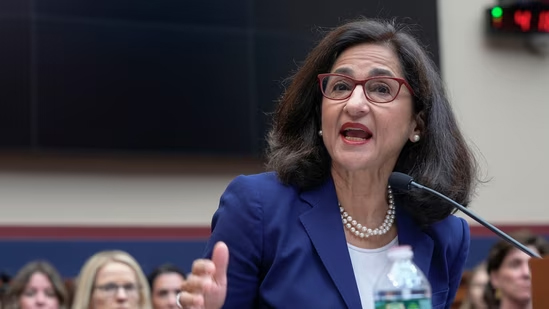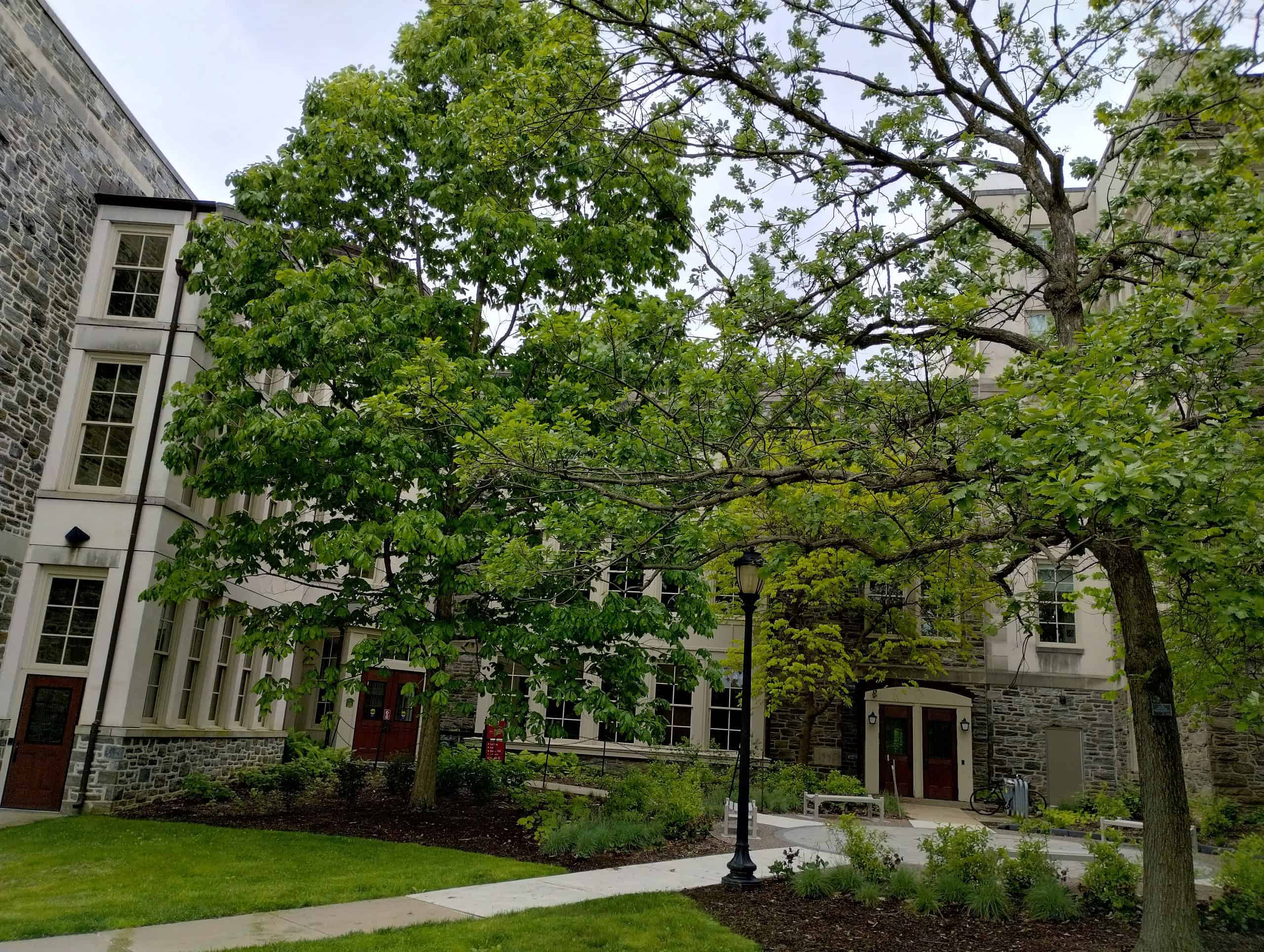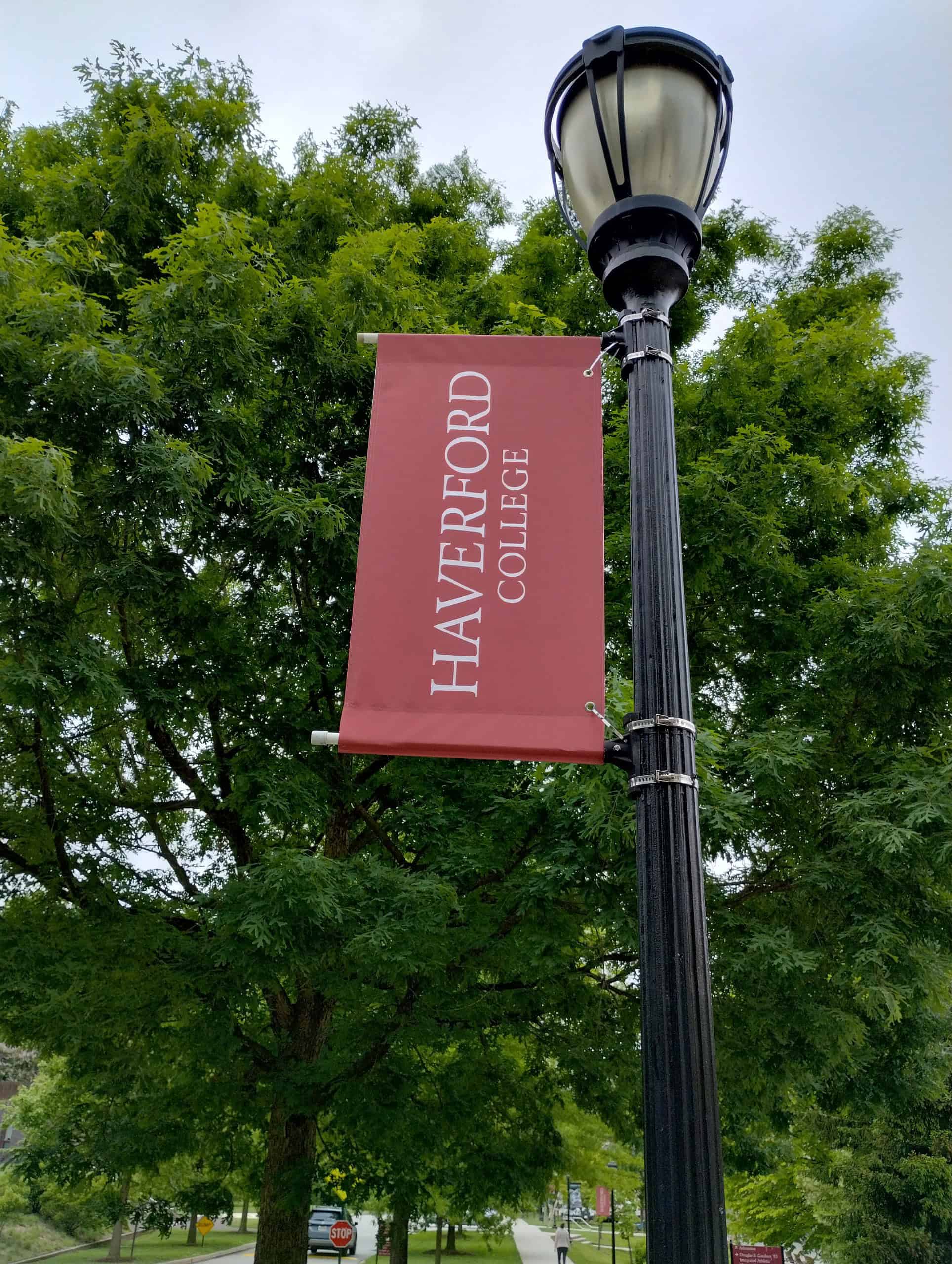Upper East Side Faces Growing Pains with Surge in Healthcare Developments
Edited by: Fern Sidman
The Upper East Side, historically known as the Silk Stocking District, is undergoing a significant transformation as it becomes a central hub for the Tristate region’s healthcare sector, according to a report on Thursday in the New York Post. This shift is driven by increasing demand for medical services, particularly for the aging population over 75. However, the rapid expansion of healthcare facilities in this affluent neighborhood has sparked controversy and discontent among local residents.
According to a recent report by CBRE, the Upper East Side is seeing a surge in healthcare-related developments. The report highlights that nearly 5.4 million square feet of new leases and expansions for health facilities have been established in Manhattan since 2018, with a substantial portion concentrated north of 59th Street on the East Side, according to the information provided in the Post report. This area is becoming the “central node” in the region’s health sector, driven by the growing need for advanced medical services.
The neighborhood is witnessing the rise of five major new hospital and medical projects, with three more large-scale and contentious proposals currently under city review. Indicated in the Post report was that each institution involved has argued that expansion is crucial for delivering state-of-the-art care both now and in the future. However, these developments have not been universally welcomed.
Grassroots campaigns are actively opposing the three proposed projects, citing potential long-term damage to the neighborhood’s economic and social fabric. Residents are also voicing concerns about temporary nuisances caused by ongoing construction. The report in the Post said that complaints range from construction noise and dangerous conditions to disruptions in the relatively low-rise, residential character of the Upper East Side.
At the construction site of a new 16-story Weill Cornell graduate student residence hall at 1393 York Ave. at East 74th Street, residents are particularly frustrated, the Post reported. Bright, uncovered construction lights have been keeping nearby apartment dwellers awake for months. “It even comes through my shades,” complained a bleary-eyed neighbor of Realty Check, highlighting the immediate impact on the quality of life.
Residents fear that the influx of medical facilities could alter the neighborhood’s identity, which has long been characterized by its upscale homes and high-end shops. The economic and social fabric of the area is perceived to be at risk as these large-scale developments could attract a different demographic and change the local economy’s dynamics.
In recent years, institutions have either acquired or decided to develop parcels they owned along First, Second, and Third Avenues, much to the surprise of local residents. The Post first reported on three major projects:
Hospital for Special Surgery (HSS) Anna-Maria and Stephen Kellen Tower: A 12-story tower spanning the FDR Drive at East 70th Street.
Extell-Developed Medical Building: A 30-story building at First Avenue and East 79th Street, leased to HSS for medical offices and treatments.
Iron Horse Labs: Located on East 94th Street, developed by Elevate Research Properties, a subsidiary of Taconic Partners.
Additionally, the Post report said that the 15-story Northwell Health Victoria and Lloyd Goldman Health Care Pavilion for outpatient care recently broke ground at the corner of Third Avenue and East 77th Street, and the Weill Cornell graduate student residence hall is nearing completion.
While the development of medical facilities is essential for advancing healthcare services, some proposed projects have drawn significant backlash, the Post report added. Notably, two projects have incited opposition beyond typical NIMBY (Not In My Backyard) complaints:
Northwell Lenox Hill Hospital Expansion: A $1.6 billion project involving a towering expansion on Lexington Avenue at East 76th Street. The proposal includes adding a 26-story tower on top of the existing building, which would be two and a half times larger than current zoning permits.
Memorial Sloan Kettering Cancer Pavilion: Proposed for York Avenue and East 66th Street.
New York Blood Center Tower: Proposed at 310 East 67th Street.
The Committee to Protect Our Lenox Hill Neighborhood, led by private equity investor Andrew Gaspar and supported by State Senator Liz Krueger, is a prominent group opposing the Lenox Hill project, as was explained in the Post report. They argue that the zoning variance sought by Northwell Health to construct the massive tower is excessive. “What kind of ‘variance’ is that?” the group has questioned on social media, expressing concerns that the development would result in a “monstrosity” far exceeding the neighborhood’s scale, the report in the Post added.
Gaspar’s group has submitted a petition with 6,000 signatures to the city, arguing that the project will “destroy” local businesses in a manner similar to the Second Avenue subway construction and endanger residents. “This project will disrupt our lives for over a decade,” Gaspar told the Post. The proposal is currently under review by the City Planning Department.
Residents are particularly concerned about the potential long-term impact on the Upper East Side’s economic and social fabric. The influx of large medical facilities could significantly alter the neighborhood’s character, traditionally known for its low-rise, residential charm and upscale amenities, the Post report observed. Construction-related disruptions, including noise, dangerous conditions, and quality-of-life nuisances, are immediate concerns for those living near the new developments.
Another contentious project is the Memorial Sloan Kettering (MSK) Cancer Pavilion expansion. MSK proposes to enlarge an existing 31-story cancer pavilion to the equivalent of 62 stories in height. This expansion would require the demolition of an existing MSK dormitory building. The Post report pointed out that the project has garnered opposition from at least three civic groups: Friends of the Upper East Side, CIVITAS, and Carnegie Hill Neighbors.
The Friends of the Upper East Side organization has termed the MSK plan “out of scale,” “super-sized,” and environmentally risky, according to the Post report. Despite these concerns, the proposal was conditionally approved by Community Board 8’s Land Use Committee and is set to go to the Manhattan Borough President’s office once finalized by CB8.
City Council member Julie Menin, representing Manhattan District 5, acknowledges the potential benefits of these projects, including major capital investment and job creation. However, she emphasizes the need for careful scrutiny to minimize community disruption. “Each project has the potential to bring significant investment, but we must ensure that the community’s quality of life is not compromised,” Menin explained to the Post.
Despite the controversies, there is considerable support for the Upper East Side’s transformation into a central medical district. Mary Ann Tighe, CEO of CBRE Tristate, champions the idea of clustering leading medical institutions in one area. “It’s impossible to overstate the importance of clustering great medical institutions in one district. The interplay between clinicians who are serving patients daily and investigators who are in the lab inventing new treatments is the magic combination that creates cures,” Tighe explained to the Post.
Tighe, who resides on the Upper East Side and is married to a surgeon, believes that proximity is crucial for fostering collaboration and innovation in healthcare. “Only proximity can make this dynamic possible,” she added when speaking with the Post.

















 Haverford College in the Philadelphia suburbs, May 15, 2024. Photo by Carin M. Smilk.
Haverford College in the Philadelphia suburbs, May 15, 2024. Photo by Carin M. Smilk. Haverford College in the Philadelphia suburbs, May 15, 2024. Photo by Carin M. Smilk.
Haverford College in the Philadelphia suburbs, May 15, 2024. Photo by Carin M. Smilk.